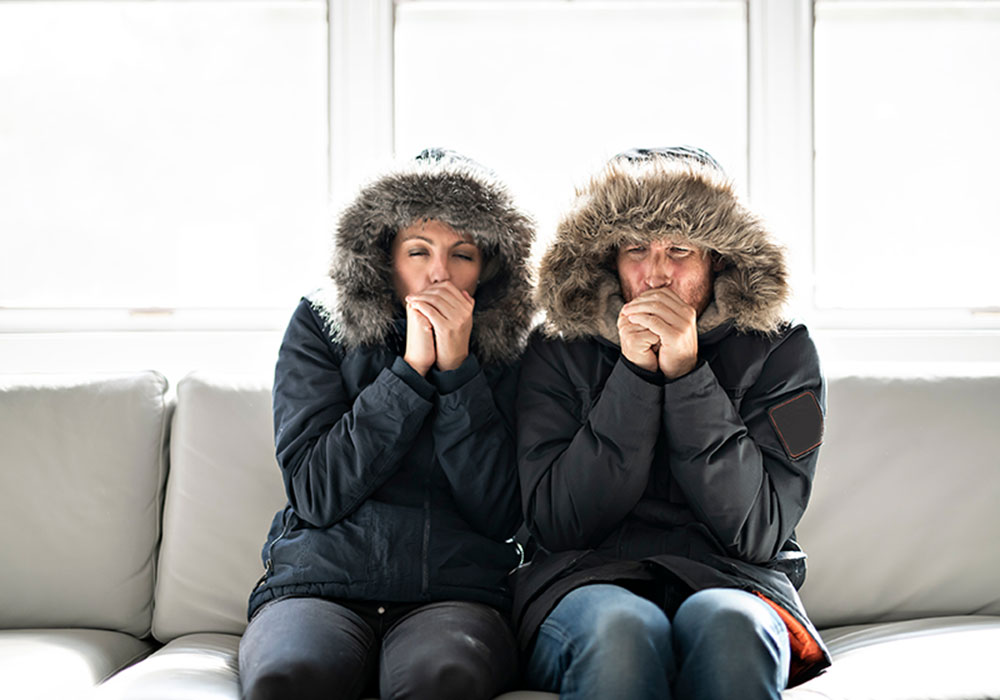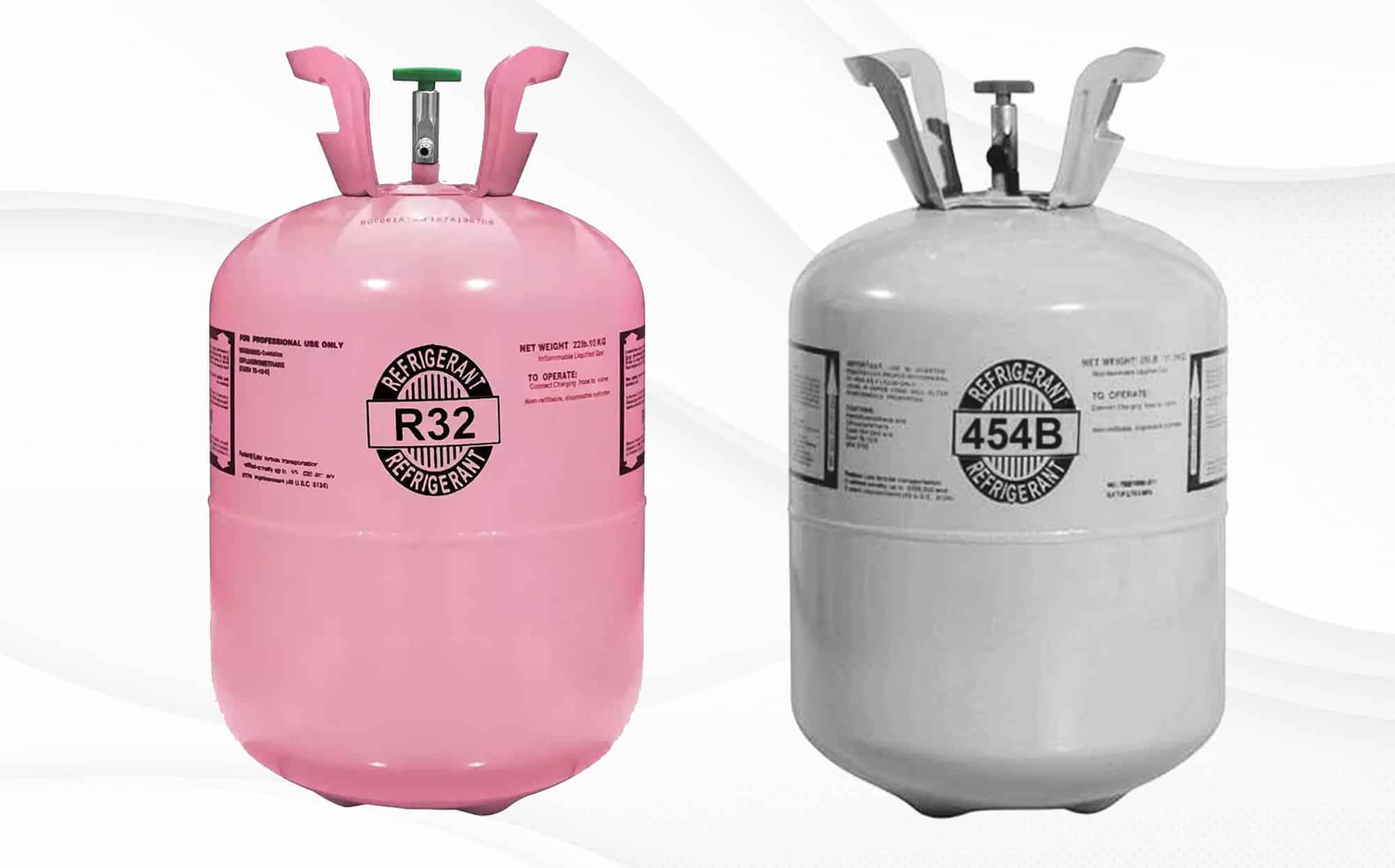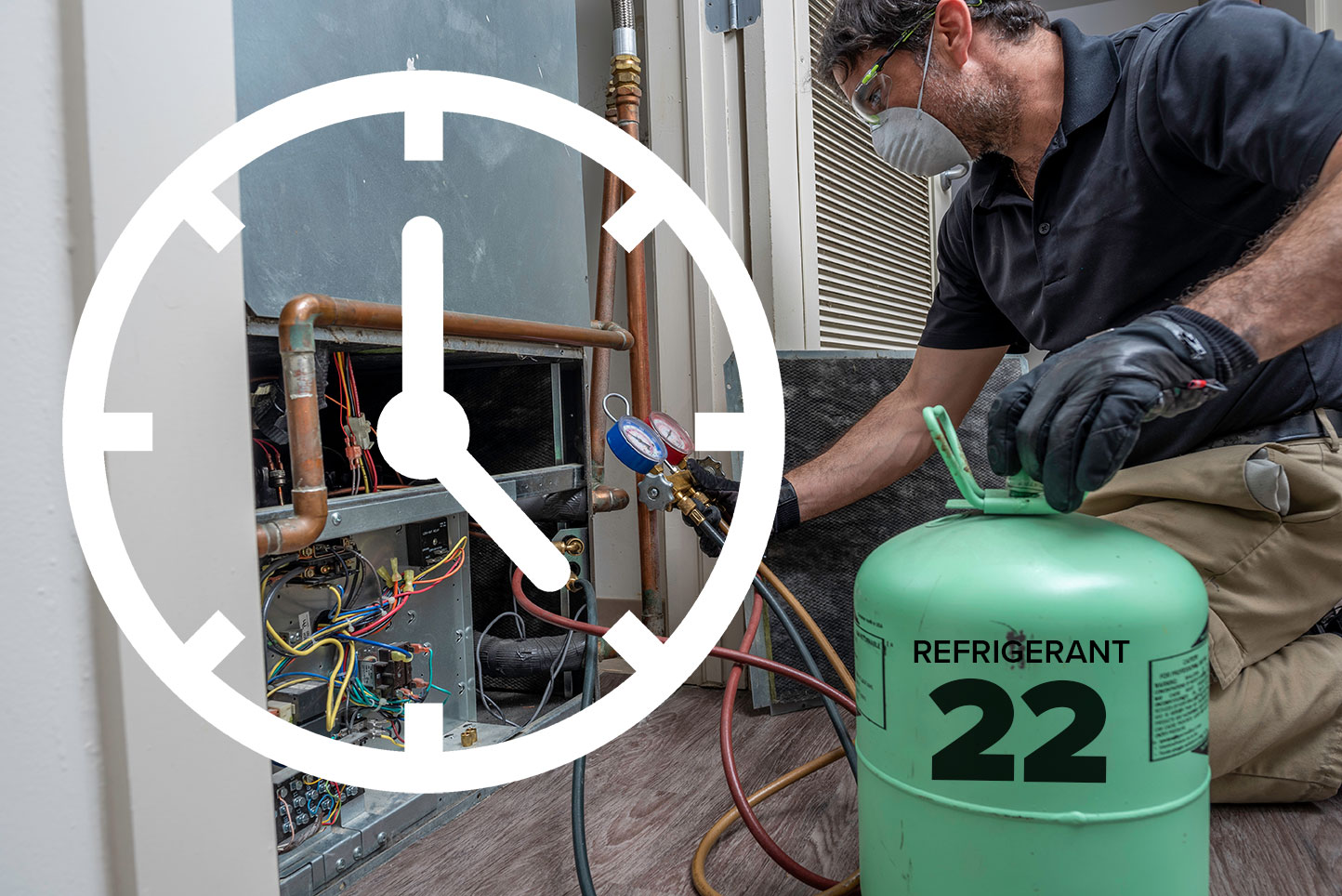If this were the middle of summer, you’d want a cold house, but during the winter months, that’s the last thing you’d expect, especially when your heater is on. Unfortunately, this type of heating problem happens a lot, and trying to solve it on your own may be difficult.
Fortunately, Smylie One Heating & Cooling has seen this before and will break it all down and answer the age-old question, “Why is my house so cold?” What you’ll discover about your home and HVAC system might surprise you.
Check Doors and Windows for Drafts
Both doors and windows are notorious for leaking. Doors might have gaps on the latch side of the jamb. The threshold and bottom of the door no longer touch. Maybe it’s a poorly hung door, or the insulation strip on the jamb and header is torn or missing.
For windows, they may not have double-pane glass, the window(s) are old, a poor installation, the sill is decaying, or it’s time to caulk the window edges again. To uncover what’s causing your windows and doors to leak, having an energy audit will locate the drafts.
Inspect Both Attic and Wall Insulation
Attic and wall insulation does two things. It stops outside air from making its way inside. It also prevents inside air from escaping through your roof and the walls. Over time, insulation can wear down, deteriorate, pests and rodents can burrow down into it and if there’s any moisture present, it can also be susceptible to mold and mildew growth. While the typical lifespan of insulation is 20 to 30 years, it should be inspected more frequently to make sure there’s no damage.
Leaky Ductwork
When working properly, your ductwork distributes conditioned air evenly throughout your home – keeping you comfortable year-round. But if your ductwork is cracked or isn’t properly sealed, air will leak out before it reaches its intended destination. Leaky ductwork not only wastes energy, it drives up your utility bills and creates inconsistent heating and cooling performance.
Old or Improperly Sized Heating System
Let’s assume your home has no drafts. The doors and windows seal tightly, and the attic and wall insulation are intact. However, your house is still cold—well, the final thing to consider is your existing heating system. If your system is 12-15+ years old, it may be time to consider replacing it with a newer, higher performance model. It’s also possible that when your system was installed that it was improperly sized. An HVAC system that is too small for your home will always struggle to keep up with temperature set-point, especially during periods of extreme weather (hot or cold). A system that is too large for your home will produce large temperature swings where certain rooms in your home (or your entire home). A properly sized system will maintain the same temperature throughout the day and won’t leave you feeling too cold or too hot, but rather just right.
For more information or questions about why your house is so cold, call Smylie One Heating & Cooling today for a free consultation!




